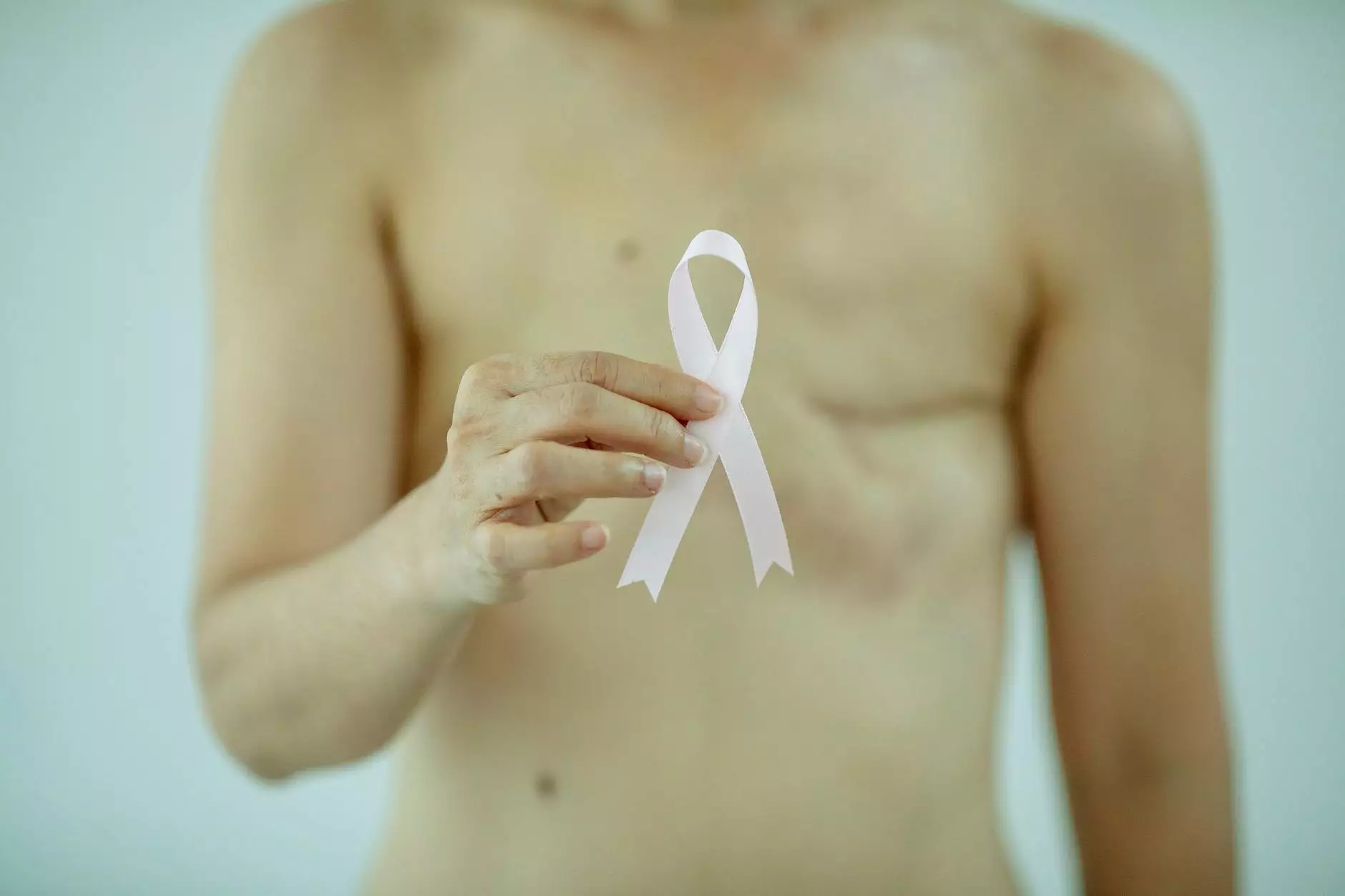Mohs Surgery is Used to Treat What Types of Skin Cancers?
Skin Care
Introduction
Welcome to the informative page on Mohs surgery and its effectiveness in treating various types of skin cancers at Smith, Arthur F, MD. Dr. Arthur F. Smith is a renowned dermatologist specializing in Mohs surgery, a highly precise procedure that removes cancerous cells layer by layer.
Understanding Skin Cancer
Skin cancer is a prevalent form of cancer that occurs due to the abnormal growth of skin cells. Certain types of skin cancers, such as basal cell carcinoma, squamous cell carcinoma, and melanoma, can be effectively treated using Mohs surgery.
Basal Cell Carcinoma
Basal cell carcinoma is the most common type of skin cancer. It often appears as a pinkish, pearly bump or a scaly patch on sun-exposed areas of the body, such as the face or neck. Mohs surgery is highly effective in treating basal cell carcinoma, providing excellent cure rates while minimizing damage to healthy tissue.
Squamous Cell Carcinoma
Squamous cell carcinoma is another common type of skin cancer that typically manifests as a scaly red patch, an elevated growth with a central depression, or a warty-looking growth. Mohs surgery is often the recommended treatment for squamous cell carcinoma, as it offers the highest cure rates and preserves the surrounding healthy tissue.
Melanoma
Melanoma is a more aggressive form of skin cancer that develops from pigment-producing cells called melanocytes. It often starts as an irregularly shaped mole, exhibiting asymmetry, border irregularity, color variation, and a larger diameter. While early-stage melanomas can be effectively treated with Mohs surgery, advanced cases may require additional treatments.
Mohs Surgery: A Precise Technique
Mohs surgery is a meticulous procedure performed by Dr. Arthur F. Smith, involving the systematic removal of cancerous skin layers. The process includes the following steps:
- Anesthesia: The area affected by skin cancer is numbed using a local anesthetic, ensuring a painless experience for the patient.
- Initial Tumor Removal: Dr. Arthur F. Smith carefully removes the visible portion of the tumor using surgical tools.
- Tissue Examination: The removed tissue is precisely mapped, divided into sections, and marked for examination under a microscope. This allows for accurate identification of cancer cells.
- Layer-by-Layer Removal: The surgeon continues to remove the tumor layer by layer, examining each section until no cancer cells are detected, ensuring complete removal while preserving healthy tissue.
- Closure: Once the cancerous cells are entirely eliminated, Dr. Arthur F. Smith discusses the appropriate method of closure, which may involve reconstructive techniques such as sutures, skin grafts, or flaps.
The Advantages of Mohs Surgery
Mohs surgery offers numerous benefits, making it the gold standard treatment for skin cancer:
- High Cure Rates: Mohs surgery boasts impressive cure rates, surpassing those of conventional surgery or nonsurgical treatments.
- Tissue Preservation: By targeting only cancerous cells, Mohs surgery preserves as much healthy tissue as possible, minimizing the cosmetic impact and reducing the chances of recurrence.
- Precision: The microscopic examination of each layer ensures the accurate removal of cancerous cells, with minimal damage to surrounding healthy tissue.
- Minimally Invasive: Mohs surgery is performed on an outpatient basis, typically requiring no overnight stay, and resulting in a faster recovery compared to other treatments.
- Superior Cosmetic Outcomes: The precise removal of cancerous tissue makes Mohs surgery an excellent choice for skin cancers on the face, where preserving appearance is crucial.
Conclusion
If you or a loved one is diagnosed with basal cell carcinoma, squamous cell carcinoma, or melanoma, Mohs surgery by Dr. Arthur F. Smith offers a highly effective and reliable treatment option. With its superior cure rates, tissue preservation, and cosmetic outcomes, Mohs surgery is widely recognized as the preferred choice for various skin cancers.
Visit Smith, Arthur F, MD's website today to learn more and schedule a consultation for personalized skin cancer treatment.




